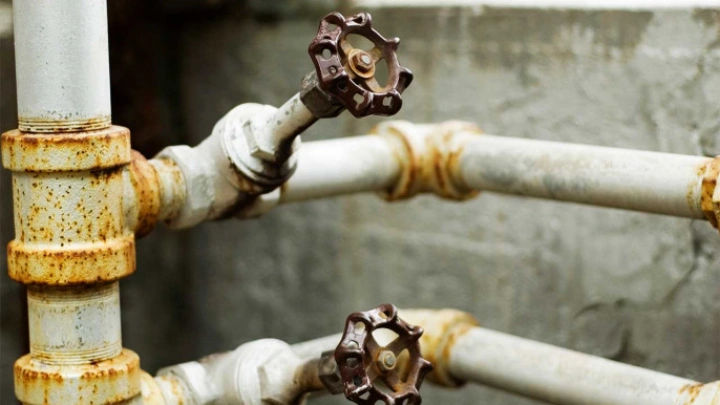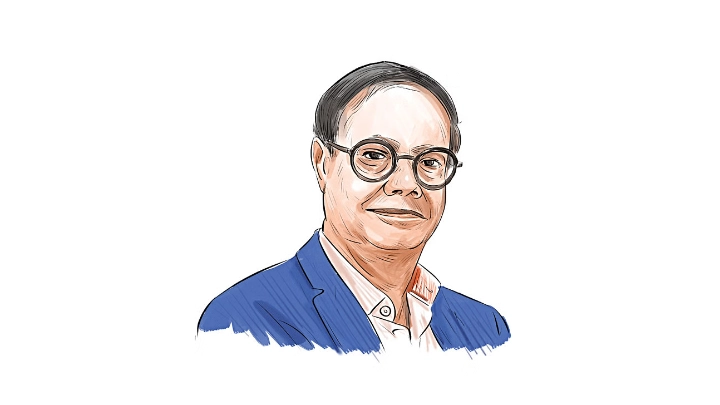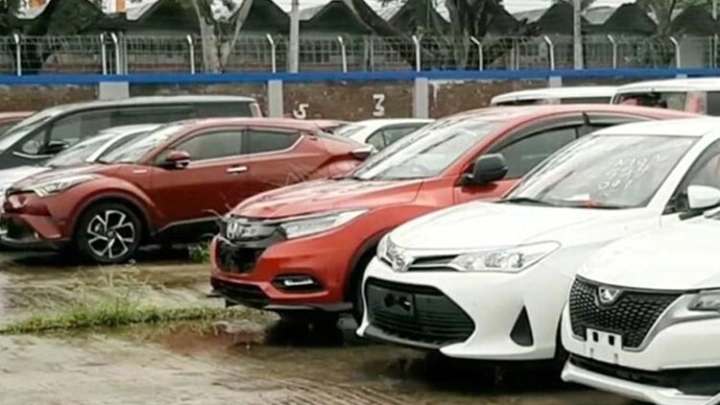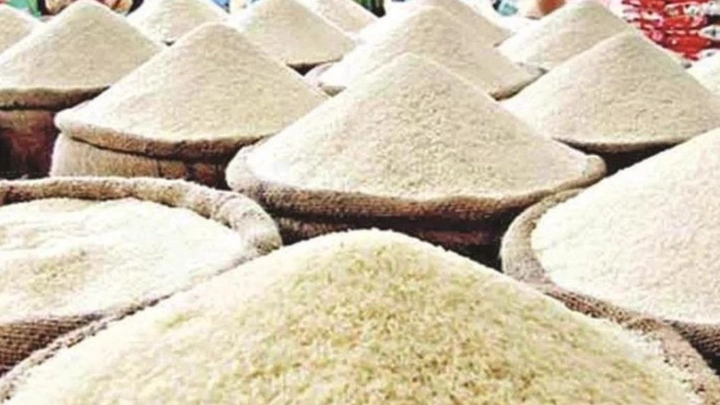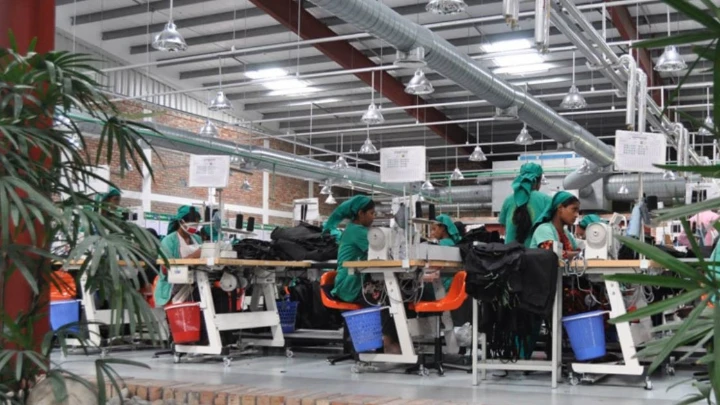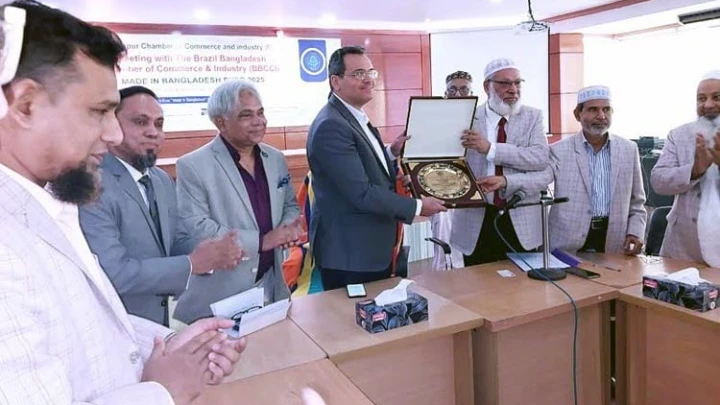NDB will contribute $443m to repair and replace ageing, corroded gas pipelines.
TBS || Shining BD
ERD officials said due to the increase in the Secured Overnight Financing Rate (SOFR) rate, Bangladesh is taking fewer market-based loans. Due to this, the government is moving slowly in the process of taking loans from NDB.
Highlights
1. A loan deal to replace decades-old gas pipeline is expected to be signed in April next year
2. An NDB delegation is now visiting Bangladesh to finalise deal
3. This will be the second project loan from the Shanghai-headquartered bank, of which Bangladesh became a member in 2021.
4. Bangladesh is scheduled to sign its first loan deal – a $320 million for a Dhaka Water Supply project - with NDB in December.
5. Bangladesh will need to get the New Development Bank Act 2023 passed in parliament to welcome funds.
6. The draft has already been approved by the cabinet.
The New Development Bank (NDB), formerly BRICS Bank, is expected to provide financing for the repair and replacement of decades-old leaky gas pipelines in Dhaka and Narayanganj.
An appraisal mission from the multilateral lender is visiting Bangladesh from 8-16 October to finalise the $443 million loan, according to officials at the Economic Relations Division (ERD).
The deal for the project proposed by the state-owned Titas Gas Transmission and Distribution Company Limited is expected to be signed in April next year, they added.
This will be the second project loan from the Shanghai-headquartered bank, of which Bangladesh became a member in 2021.
Bangladesh is scheduled to sign its first loan deal with the multilateral lender in December. Another mission from NDB finalised a $320 million loan for a Dhaka Water Supply project during their visit last month.
The visiting NDB delegation is scheduled to meet with ERD and Titas to finalise the loan, according to ERD officials.
Titas officials said, as per the feasibility study report, around 2,700 kilometres of pipelines will have to be replaced.
The total length of the company's gas pipelines is 13,238 kilometres, and the number of total customers is nearly 28.76 lakh as of 30 June 2021.
In the proposal, Titas said gas distribution lines were constructed in different parts of the capital city between the 1970s and the late 1980s.
Later, with the gradual expansion of the city, the network was also expanded. But over time, the distribution lines got damaged and are still getting damaged during the construction of other utility lines, the company said.
As a result, the cathodic protection system of the pipelines – widely used on metal surfaces to prevent corrosion – was destroyed, causing significant leakage of gas from the pipes. Gas leakage has led to fire accidents and other issues related to ground safety and a serious crisis in receiving gas at customers' end.
According to Titas Gas officials, the distribution lines were initially designed for a 30-year period in view of future demand. Due to the increasing lateral and upward expansion in Dhaka and Narayanganj cities, the gas flow capacity of the distribution network has gradually become inadequate.
After implementing the project, the low-pressure situation will improve, and gas leakage-related accidents will be greatly reduced. Moreover, this project will reduce methane emissions by stopping gas leakage, officials said.
According to ERD officials, Bangladesh will need to get the New Development Bank Act 2023 passed in parliament to welcome funds from the lending arm of the BRICS bloc of developing nations. The draft has already been approved by the cabinet.
ERD officials said there is an opportunity to get a loan of one to one and a half billion from NDB every year in Bangladesh.
Bangladesh's potential to avail funds ranging from $4 billion to $5 billion from the lender's $30 billion portfolio for the 2022-26 period is there, ERD officials pointed out.
ERD officials said due to the increase in the Secured Overnight Financing Rate (SOFR) rate, Bangladesh is taking fewer market-based loans. Due to this, the government is moving slowly in the process of taking loans from NDB.
Currently, Bangladesh is taking a 100% loan from the Asian Infrastructure Investment Bank (AIIB) at a market-based interest rate. More than half of the loans that the Asian Development Bank (ADP) gives to Bangladesh each year are market-based.
Similar to the Asian Infrastructure Investment Bank, NDB offers the loan with floating interest rates. The rates range from SOFR+1.30% to SOFR+1.65%. Besides, there is a 0.25% front-end fee and a 0.65% commitment fee.
In contrast, the Asian Infrastructure Investment Bank offers loans at SOFR+0.79% to SOFR+1.29%, plus 0.25% front-end and 0.65% commitment fees.
ERD estimates NDB borrowing costs are 0.51% higher than the AIIB's due to NDB being a newer bank with a lower credit rating.
Shining BD

